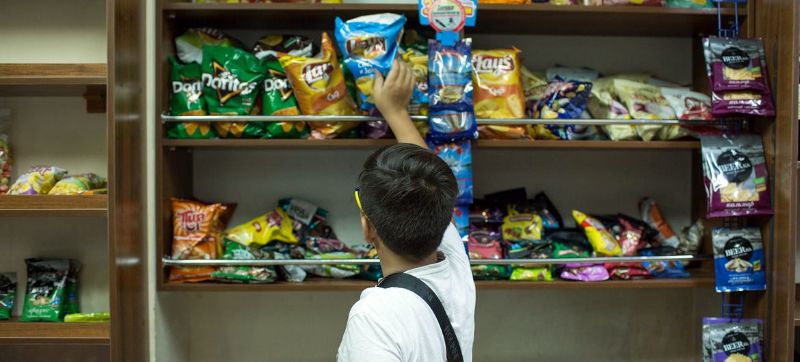 Unhealthy Eating
Unhealthy Eating
UN FAO report says unhealthy eating drives $8 trillion in annual hidden costs
Most of the hidden costs of agrifood systems worldwide stem from health impacts linked to non-communicable diseases (NCDs) such as heart disease, stroke, and diabetes, the UN Food and Agriculture Organization (FAO) said in a new report published on Friday.
The State of Food and Agriculture (SOFA) report confirmed that hidden costs of getting food from farm to table amount to approximately $12 trillion annually.
Of this number, roughly 70 per cent – $8 trillion – arises from unhealthy dietary patterns and are linked to NCDs, which far exceeds the costs related to environmental degradation and social inequalities.
True cost of food
SOFA 2024 builds on last year’s edition, which found that hidden costs surpassed $10 trillion, to provide even more in-depth analysis.
Researchers used true cost accounting to expose the full range of costs and benefits associated with food production, distribution, and consumption, including the so-called “hidden costs and benefits” which are not reflected in market prices.
The report details how global hidden costs are largely driven by hidden costs related to health, followed by environmental hidden costs, in more industrialized agrifood systems.
In examining health impacts, 13 dietary risk factors were identified, which include not eating enough whole grains, fruits, and vegetables; excessive sodium consumption; and high intake of red and processed meats.
Differences across systems
The report also reveals how hidden costs manifest in different agrifood system types worldwide, which historically have transitioned from traditional to industrial, with varied outcomes.
Researchers used a framework to categorize them into six distinct groups - protracted crisis, traditional, expanding, diversifying, formalizing, and industrial - thus allowing for a targeted understanding of their unique challenges and opportunities.
Environmental impacts, social costs
The environmental impact of unsustainable agricultural practices also contributes substantially to the hidden cost burden, the report said.
Costs associated with greenhouse gas emissions, nitrogen runoff, land-use changes, and water pollution are particularly high in countries with diversifying agrifood systems, reaching an estimated $720 billion.
Although formalising and industrial agrifood systems also encounter significant environmental costs, countries facing protracted crises bear the highest relative environmental costs, equivalent to 20 percent of their Gross Domestic Product (GDP).
Meanwhile, poverty, undernourishment and other social costs are most prevalent in traditional agrifood systems and those affected by protracted crises, representing eight and 18 per cent of their GDP, respectively.
Transformative change
SOFA 2024 calls for collective action to transform agrifood systems and make them more sustainable, resilient, inclusive, and efficient.
FAO Director-General Dongyu Qu stressed that this shift is fundamental to achieving the Sustainable Development Goals (SDGs).
“The choices we make now, the priorities we set and the solutions we implement will determine our shared future,” he said.
Support Our Journalism
We cannot do without you.. your contribution supports unbiased journalism
IBNS is not driven by any ism- not wokeism, not racism, not skewed secularism, not hyper right-wing or left liberal ideals, nor by any hardline religious beliefs or hyper nationalism. We want to serve you good old objective news, as they are. We do not judge or preach. We let people decide for themselves. We only try to present factual and well-sourced news.






